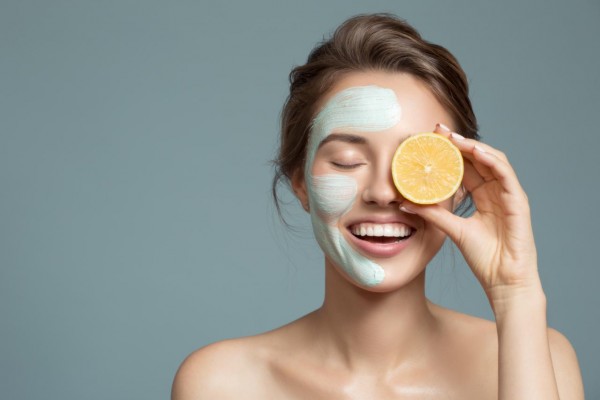
Most people pay attention to their skin because they want to look physically beautiful and youthful. But did you know that your skin can also tell you something about your overall health? That said, it's important to take note of the changes that you see on your skin, even if they're occurring on a small spot, because they may be a sign of something serious.
Here are some telltale signs that your skin condition is actually saying something about your health.
Pimples and Breakouts
Normally, a pimple shouldn't be a big deal because that's something normal, and all people can experience such skin problem every now and then. But if you have a sudden breakout and it's something that doesn't typically happen to you, you should think about what other changes are going through you that may have caused the problem.
Stress is the most common reason for having a sudden breakout of pimples. Once you've identified your stress trigger, whether it be financial, emotional, social, or psychological, you need to find a way to deal with it. When you do, you'll surely see that all types of acne and pimples caused by your stress slowly disappear and your skin will clear out.
Another reason for breakouts, particularly acne, is hormonal imbalance. So, people who are nearing menopause or are pregnant usually experience the sudden appearance of pimples on their faces, backs, and even necks. This usually comes with other symptoms that include hot flashes, night sweats, and abrupt mood changes.
If your pimple problem is recurring and getting serious, visit a dermatologist because you may already need medication or intervention other than the over-the-counter ointments you've been using. This is important since, according to the American Academy of dermatology, having pimples and acne, sometimes, is not just skin deep. It can even cause depression, particularly among teens. So, you must seek professional medical help to tackle your skin problems.
Dark Spots
If you're over 60 years old, it may be normal to see brown spots or age spots. These are commonly found on your hands and face. Age spots aren't really something to be scared about. But if you want to prevent them from worsening, consult with a dermatologist and they'll give you serums, moisturizers, and ointments to help minimize these pesky brown spots.
However, if you're seeing dark bands or patches on your skin, particularly on your face, nape, neck, groin, or armpit area, it could be a sign of excessive insulin levels in your blood and you might be at a high risk of developing diabetes. This skin condition is known as acanthosis nigricans, which is usually a sign that you need to go to the doctor as soon as you can and have your blood sugar levels checked.
Sunburn
People love having sun-kissed skin because it gives the skin color and life. A good tan can be attractive and make a person more desirable.
Soaking in the sun for a few hours is actually good for you and your skin. However, anything that's too much can be bad. So, if your skin no longer looks sun-kissed but is actually sunburned, it's a sign that you're overdoing your sun exposure. Too much sun exposure can be bad for your skin and it can even cause skin cancer.
In addition to sun exposure, indoor tanning beds can also cause skin cancer. In fact, a study has shown that tanning beds are linked to about 60% risk of suffering from skin cancer among young women. So, if your tanning is already causing too much sunburn or if you can already see some of the moles in your skin looking weird, it may be time to go to the doctor and have your skin problem checked.
Dry, Dull Skin
Stress can cause your skin to look dull. However, the main culprit in dull and dry skin is usually mild dehydration. If you think your skin looks pasty and lacking in glow, your body is telling you that you need to hydrate, especially if the weather is warm and you engage in physical activities that make you heavily sweat.
Staying hydrated is important in maintaining healthy-looking and glowing skin because water helps get rid of toxins in the body.
Yellow Skin
If your skin or the white of your eyes seems to look yellowish, you should head to the doctor immediately. The yellowing of the skin and eyes is called jaundice, which could indicate that something is wrong with your liver. This can be a sign that you have liver disease or there's some type of obstruction in your bile duct. You may also have some trouble with your red blood cells.
Bottomline
The skin isn't called the largest organ of the body for nothing-it actually wraps all the other organs. You should take care of it the way you take care of the other parts of your body.
When your skin tries to tell you that something is wrong, via abrupt changes, breakouts, or discoloration, you should take heed and do something about it immediately.

